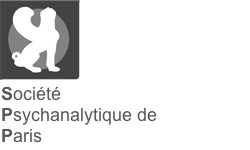|
Résumé :
|
Extending the traditional view of the giant of ancient myth as the personification of the father, the giant also affords the metaphorical elaboration of infantile fantasies of grandiosity derived from identification with the omnipotent parent. Conversely, the fallen and typically blinded giant embodies disillusionment: with the idealised parental imago, and also with one’s own illusions of omnipotence. Nicolas Poussin’s successive aesthetic interpretations of the giants of Greek legend highlight the symbolic dialectics of size, and offer a window onto the illusions and disillusionments that are intrinsic to generational succession, and accompany the confrontation of various realities—of dependency, vulnerability, maturation, achievement, aging, loss and death.
|





